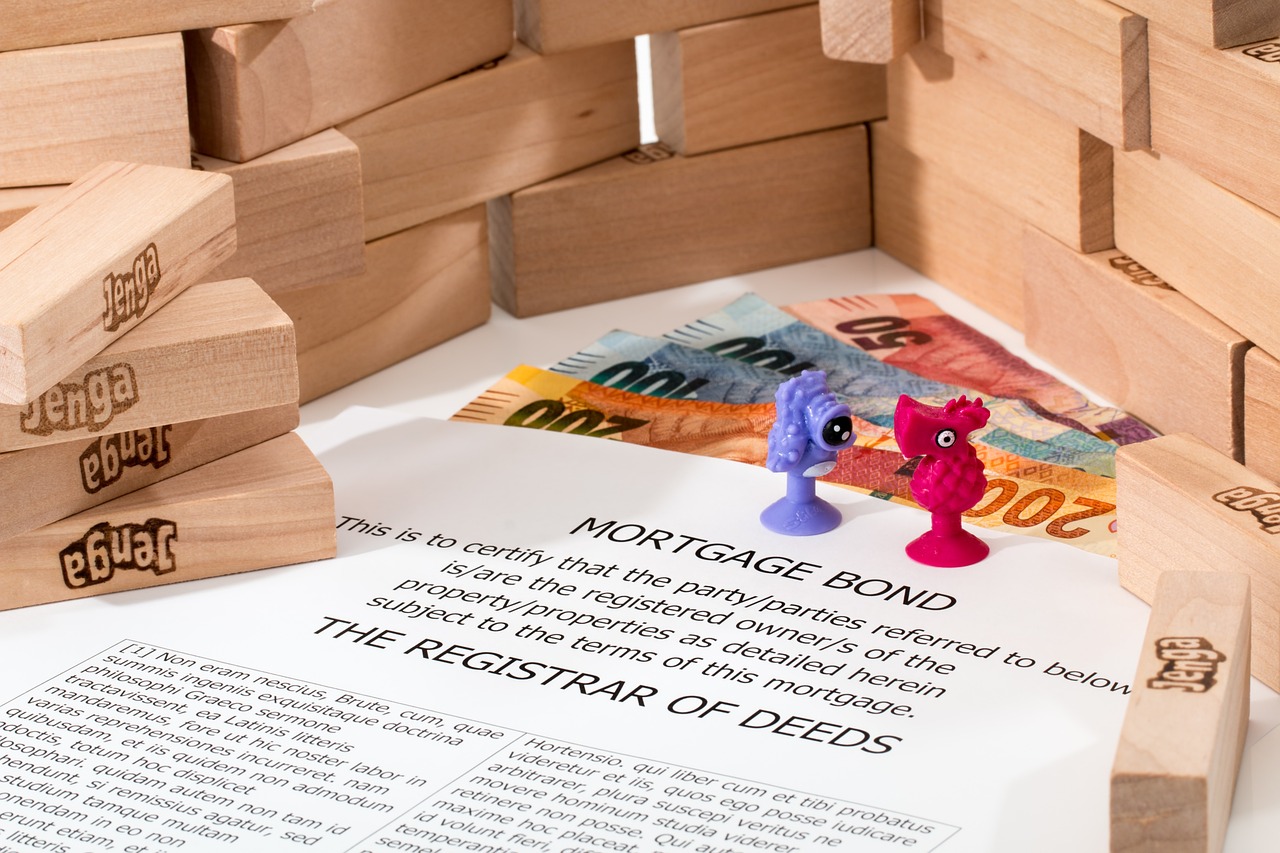1. Introduction
Understanding Payday Loans
Payday loans, also known as cash advances or payday advances, are short-term loans typically due on the borrower’s next payday. They are designed to provide quick access to cash to cover unexpected expenses or financial emergencies that arise between paychecks. These loans are often sought by individuals who may not have access to traditional forms of credit or who require immediate funds without a lengthy application process.
No Credit Check Requirement
One distinguishing feature of payday loans is the absence of a credit check requirement. Unlike traditional loans offered by banks and credit unions, payday lenders typically do not assess a borrower’s creditworthiness based on their credit history. Instead, they focus primarily on the borrower’s ability to repay the loan based on their income and employment status. This makes payday loans accessible to individuals with poor or limited credit history who may have difficulty obtaining credit through other means.
2. How Payday Loans Work
Application Process
The application process for a payday loan is relatively straightforward and can often be completed online or in-person at a payday loan store. Borrowers are typically required to provide proof of income, such as pay stubs or bank statements, along with a valid form of identification. Additionally, borrowers may need to provide a post-dated check or authorize an electronic debit from their bank account to repay the loan on the agreed-upon due date.
Loan Terms
Payday loans are usually small-dollar loans, ranging from a few hundred to a few thousand dollars, with short repayment terms. The loan amount, fees, and repayment terms are outlined in the loan agreement, which the borrower must review and agree to before receiving funds. In most cases, payday loans are due in full on the borrower’s next payday, typically within two to four weeks of borrowing the funds.
3. The Appeal of No Credit Check
Accessibility to Borrowers with Poor Credit
One of the primary appeals of payday loans with no credit check is their accessibility to borrowers with poor or no credit history. Traditional lenders often rely heavily on credit scores to assess a borrower’s creditworthiness, making it challenging for individuals with less-than-perfect credit to qualify for loans. Payday lenders, however, focus primarily on the borrower’s income and employment status, making payday loans a viable option for those with poor credit.
Quick Approval Process
Another appealing aspect of payday loans with no credit check is the quick approval process. Because payday lenders do not conduct traditional credit checks, the approval process is often much faster than with traditional loans. Borrowers can typically receive approval and access to funds within hours of applying, making payday loans an attractive option for individuals in need of immediate financial assistance.
4. Risks and Pitfalls
High Interest Rates
Despite their accessibility and convenience, payday loans often come with high-interest rates that can quickly add up. The annual percentage rates (APRs) on payday loans can exceed triple digits, making them one of the most expensive forms of borrowing. Borrowers who are unable to repay the loan in full by the due date may find themselves trapped in a cycle of debt, as the high-interest rates can make it difficult to pay off the loan principal.
Short Repayment Terms
Another risk associated with payday loans is their short repayment terms. Most payday loans are due in full on the borrower’s next payday, which can be as soon as two weeks after borrowing the funds. For borrowers living paycheck to paycheck, this can be challenging to meet, leading to additional fees and rollover charges if the loan is not repaid on time.
5. Alternatives to Payday Loans
Personal Installment Loans
For individuals in need of emergency funds, personal installment loans may offer a more affordable alternative to payday loans. Unlike payday loans, which are due in full on the borrower’s next payday, personal installment loans allow borrowers to repay the loan over time in fixed monthly installments. This can make repayment more manageable and help borrowers avoid the high-interest rates associated with payday loans.
Credit Union Loans
Many credit unions offer small-dollar loans with more favorable terms than payday loans. These loans typically come with lower interest rates, longer repayment terms, and borrower-friendly features designed to help members improve their financial well-being. Credit union loans may be a more affordable option for individuals in need of emergency funds who do not qualify for traditional bank loans.
6. Conclusion
Weighing the Pros and Cons
While payday loans with no credit check may offer quick access to cash for borrowers with poor credit, they come with significant risks and high costs. Borrowers should carefully consider their options and explore alternatives before turning to payday loans to avoid falling into a cycle of debt. By weighing the pros and cons and exploring alternative lending options, borrowers can make informed decisions about their financial needs and avoid the pitfalls of payday lending.
